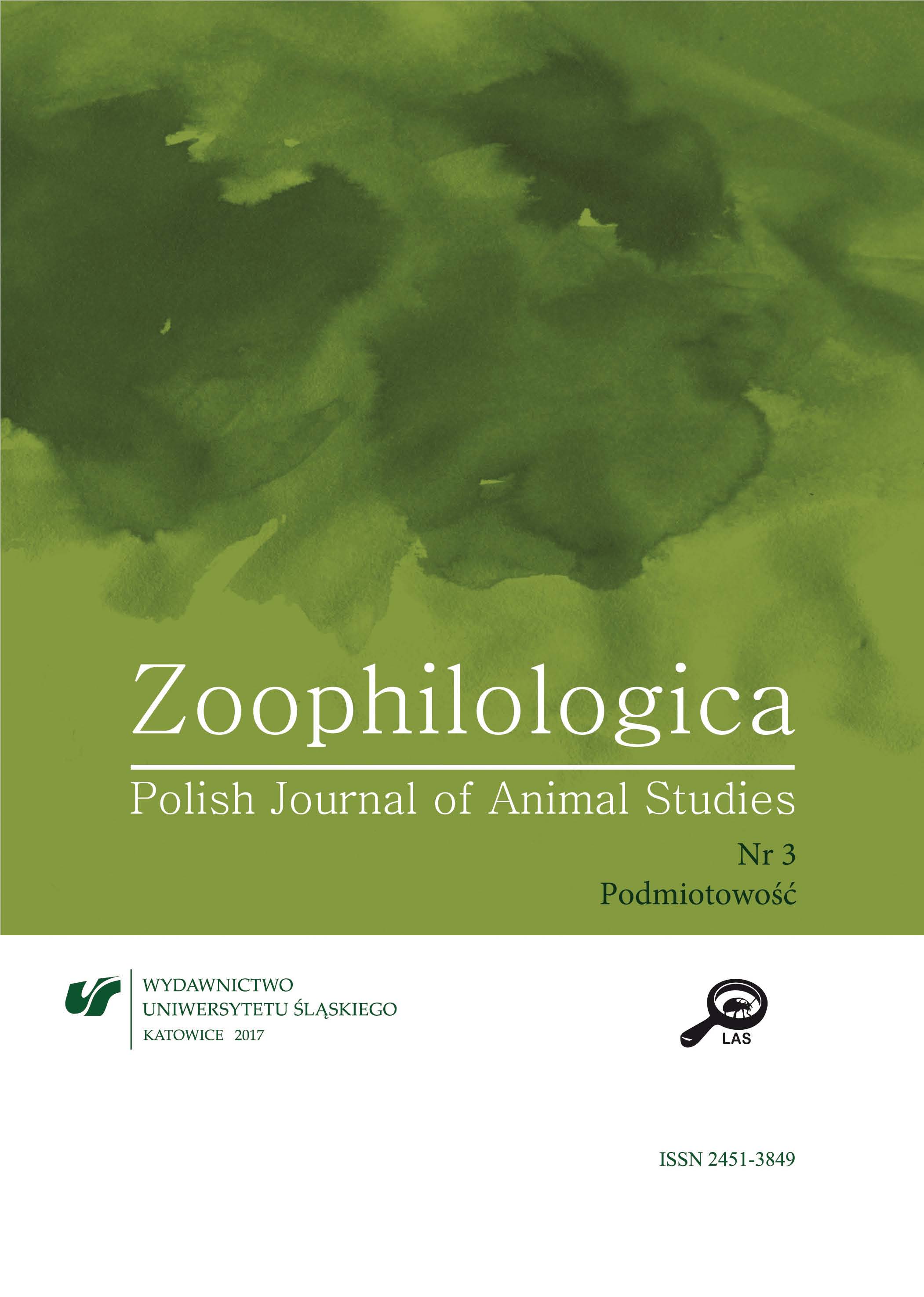European Philosophy and Its Negative Impact on the Treatment of Animals
European Philosophy and Its Negative Impact on the Treatment of Animals
Author(s): Dorota ProbuckaSubject(s): Philosophy, Language and Literature Studies, Studies of Literature, Ethics / Practical Philosophy, Political Philosophy, Ancient Philosphy, Early Modern Philosophy, Contemporary Philosophy, Philosophy of Law, Theory of Literature
Published by: Wydawnictwo Uniwersytetu Śląskiego
Keywords: ethics; animal rights; morality; Aristotle; Descartes; Rawls
Summary/Abstract: In the article, I analyse Aristotle's, Descartes’s and John Rawls's views on the the moral status of non-human beings, and show the negative influence of the views on shaping the human-animal relationship in European culture. The purpose of my reasoning is to demonstrate that in each of these positions there is a problem that boils down to the selection of subjective criteria in the qualitative distinction between the moral status of people and of other animals, and the use of the premises that will prove the previously established deduction. What is common for the position of these three philosophers is the conclusion, that is the conviction that there are insufficient grounds for equal treatment of humans and non-human beings in the sphere of moral life.
Journal: ZOOPHILOLOGICA. Polish Journal of Animal Studies
- Issue Year: 2017
- Issue No: 3
- Page Range: 155-162
- Page Count: 8
- Language: English

